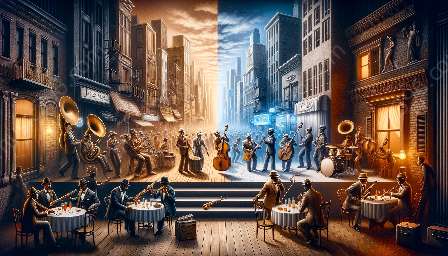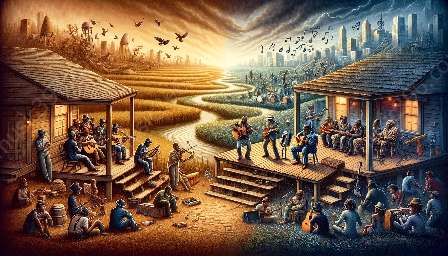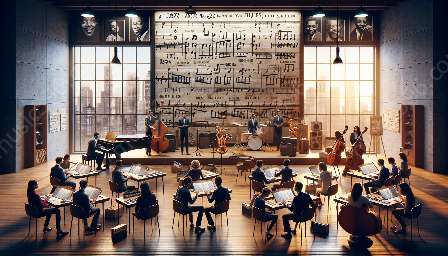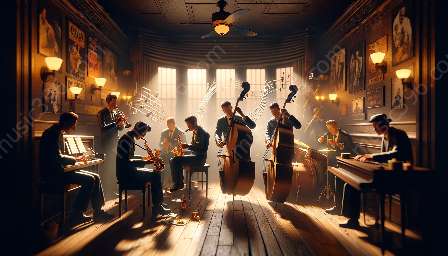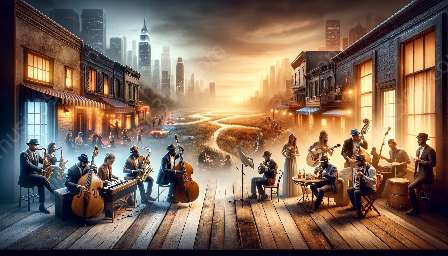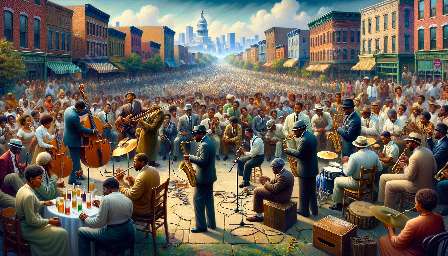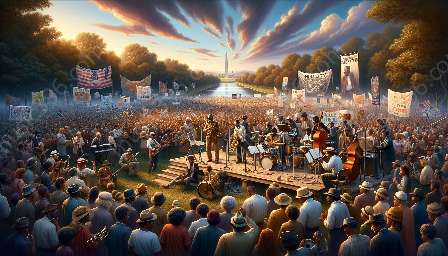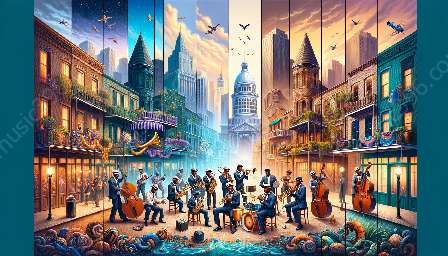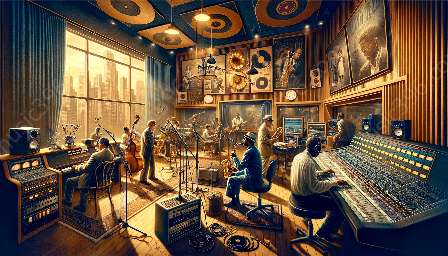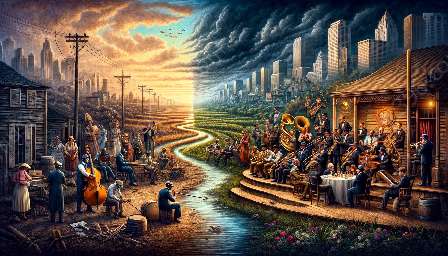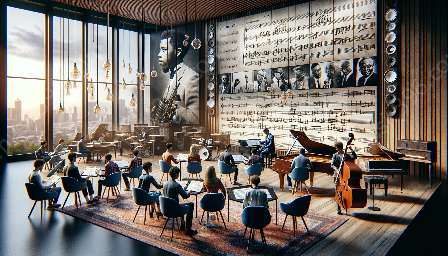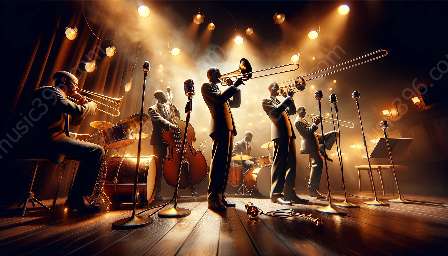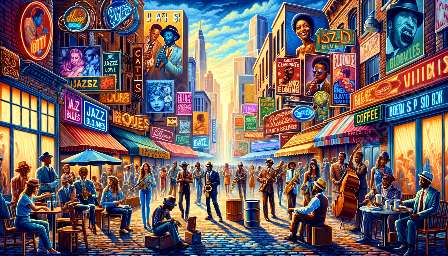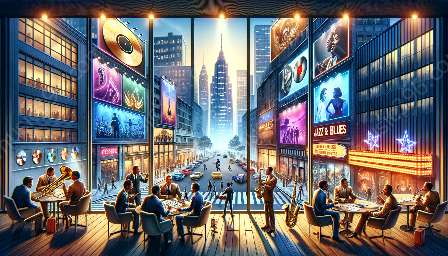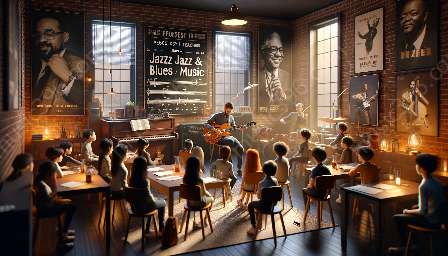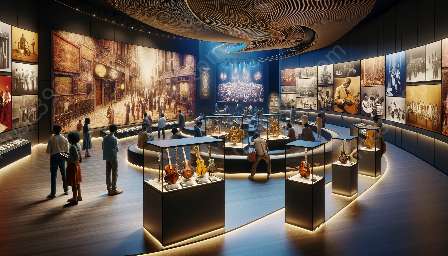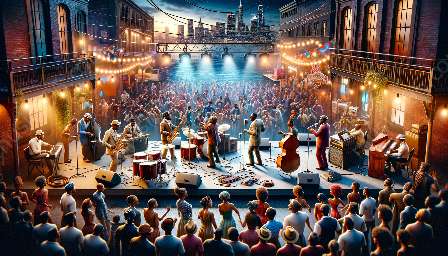The Chicano Rights Movement in the United States marks a significant chapter in the ongoing struggle for civil rights and social justice. Originating from the experiences and aspirations of Mexican Americans, it sought to address longstanding issues of discrimination, inequality, and cultural marginalization. The movement's emergence, development, and impact cannot be fully understood without acknowledging its connections to music, particularly the profound influence of jazz and blues on social movements.
The Chicano Rights Movement: A Historical Overview
The Chicano Rights Movement was a grassroots civil rights movement that emerged during the 1960s and 1970s, primarily in the southwestern United States. At its core, the movement aimed to address systemic injustices faced by Mexican Americans, including educational inequality, police brutality, and economic disparities. Led by activists, community organizers, and scholars, the movement advocated for political empowerment, cultural pride, and the recognition of Chicano identity within American society.
Impact of Jazz and Blues on Social Movements
Jazz and blues have long been recognized as powerful mediums for expressing resistance, resilience, and the collective experiences of marginalized communities. Originating from African American cultural traditions, these genres of music have played a crucial role in shaping social movements, including the Chicano Rights Movement. Through their evocative melodies and poignant lyrics, jazz and blues have connected people across racial and cultural barriers, fostering solidarity and amplifying the voice of the oppressed.
Influence on Cultural Expression
The influence of jazz and blues on the Chicano Rights Movement is evident in the movement's embrace of music as a form of cultural expression and protest. Artists and musicians within the Chicano community drew inspiration from the improvisational and emotive qualities of jazz and blues, infusing their own cultural narratives and struggles into their compositions. This fusion of musical styles not only enriched the movement's cultural identity but also served as a means of empowerment and resistance.
Community Unity and Mobilization
Jazz and blues gatherings and performances provided spaces where diverse communities, including Chicano activists, could come together to share experiences and envision a more just society. These musical spaces became catalysts for community unity and mobilization, enabling individuals to connect with a broader social consciousness and become agents of change in their respective communities.
Jazz & Blues: Universal Languages of Resistance
Jazz and blues transcended linguistic and cultural barriers, forging connections between diverse communities engaged in various social movements. The universal themes of hardship, love, and the quest for freedom embedded within jazz and blues resonated deeply with the Chicano Rights Movement, as it echoed the shared struggles and aspirations of marginalized groups striving for equality and dignity.
Legacy and Continued Influence
The legacy of the Chicano Rights Movement continues to reverberate through various social justice initiatives and cultural movements today. Furthermore, the impact of jazz and blues on social movements has left an indelible mark on the ongoing fight for civil rights and equality in the United States. By recognizing the interconnectedness of these elements, we can appreciate the enduring influence of music and social activism in shaping a more inclusive society.

